Aortic dissections are one of the most catastrophic and life-threatening events affecting the aorta; this condition brings tens of thousands of Americans to the emergency room each year.
According to the American College of Phlebology, about 55% of women will develop varicose and spider veins. Compared with men, women are twice as likely to get varicose veins.
If you're traveling soon and concerned about how your veins will hold up, we understand! This can be a common worry for people with vein issues.
If you are currently or considering seeking treatment for vein and vascular issues, chances are you may have heard of a D-dimer test. However, if you are unsure what a D-dimer test is and how it works, you aren't alone! This post will answer some of your questions. Please keep in mind that this information is not[…]
An angiogram is a vascular procedure that is commonly performed when you have a blocked artery going to the leg and it is causing symptoms such as pain or wounds in the foot or leg. It is a minimally invasive way to both identify blockages in the leg arteries as well as treat them. Treatment includes ballooning open[…]
Ablation therapy is considered a minimally-invasive vein treatment procedure that makes use of radiofrequency or laser technology. The use of lasers has increased in medicine and The Vein Institute of New Jersey is a leader in this type of treatment for varicose veins.


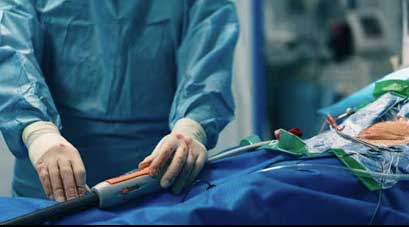
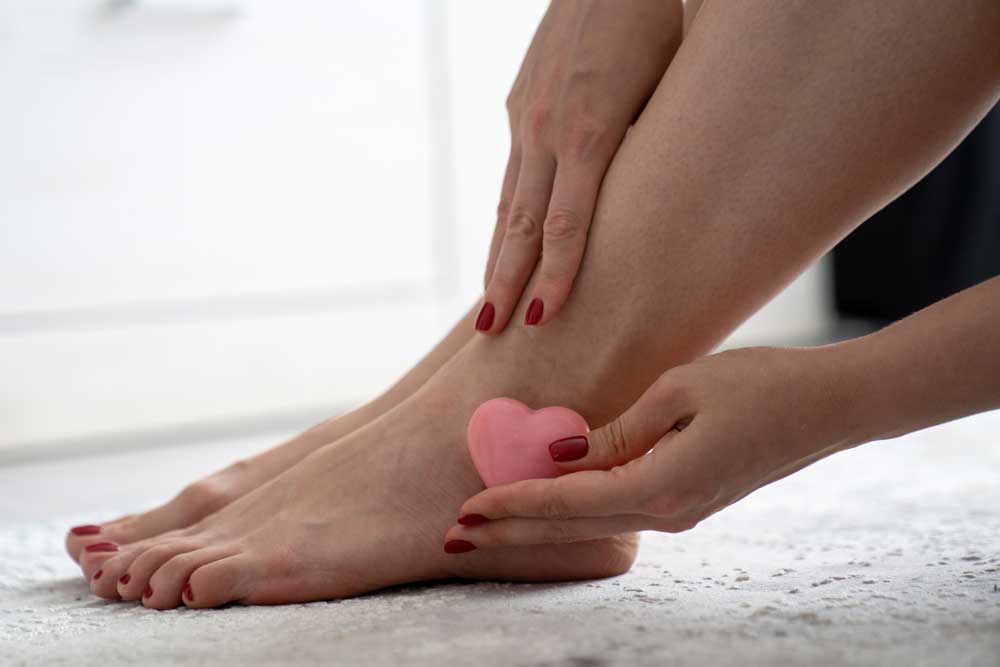

.jpg)
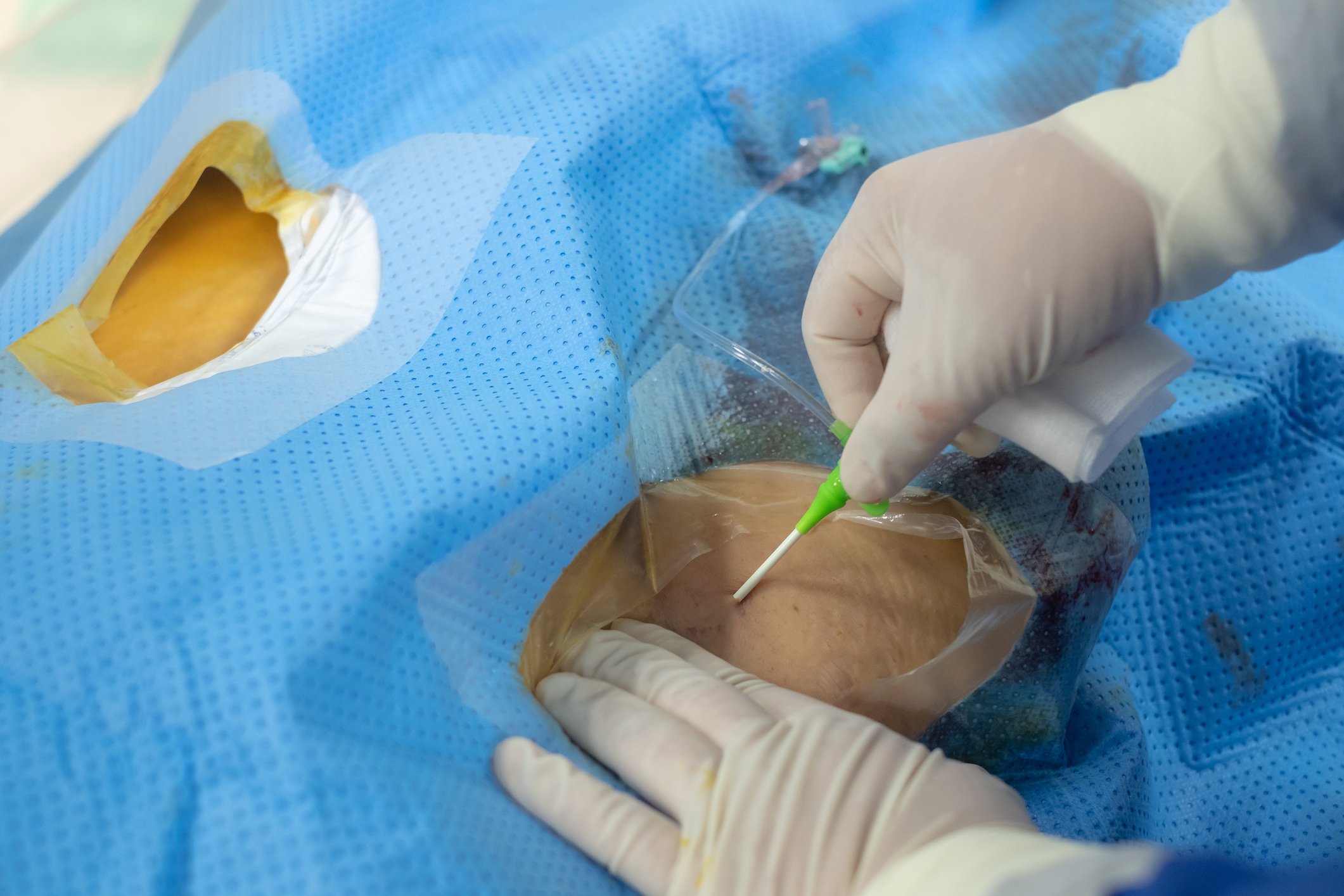




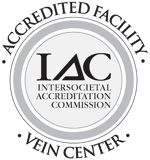
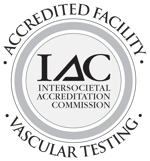
.jpg?width=944&name=Castle-Connolly-Top-Doctors-Emblem-Large%20(4).jpg)